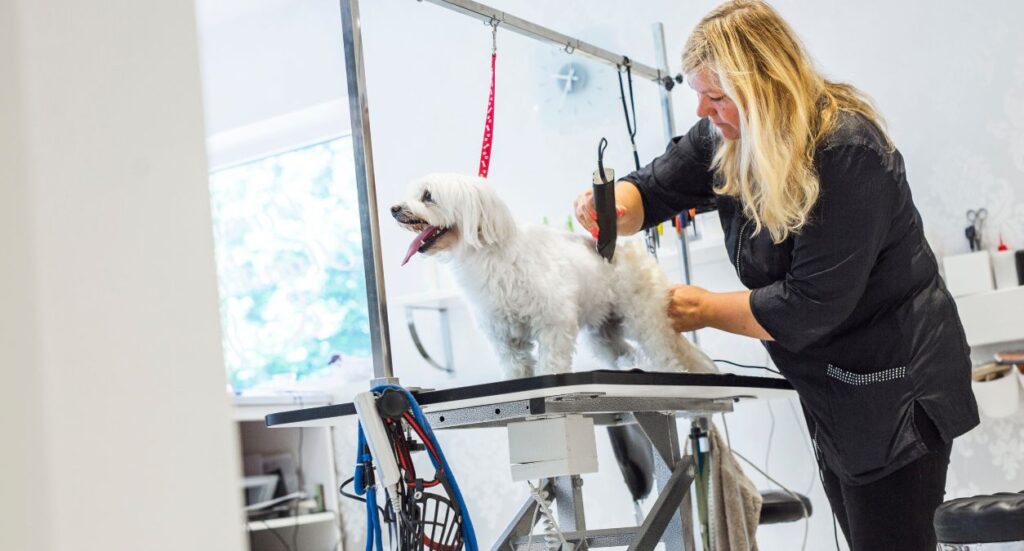If you’re just starting out running a small business – or even if you’ve been operating one for a while – learning about all the financial ins and outs can be extremely complex. And the world of small business expenses is certainly no exception to that.
High costs can quickly eat into your profit margin and limit the success and potential viability of your business. However, there are many different small business expenses for which you can claim the tax back from the Government, and it can make a big difference to your bottom line.
In this guide, we’ll explore a wide range of the most common small business expenses you’ll be able to claim for. You’ll also learn that while you may incur substantial costs running your enterprise, there are certain things where you shouldn’t cut corners to make a saving.
Get Small Business Insurance from Protectivity
*Disclaimer – This blog has been created as general information and should not be taken as advice. Make sure you have the correct level of insurance for your requirements and always review policy documentation. Information is factually accurate at the time of publishing but may have become out of date.
Last updated by

















